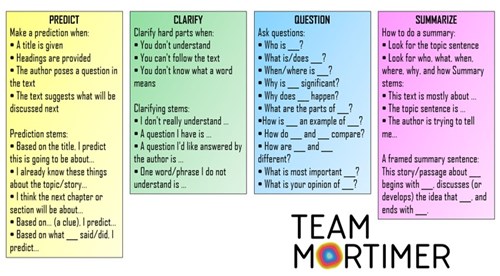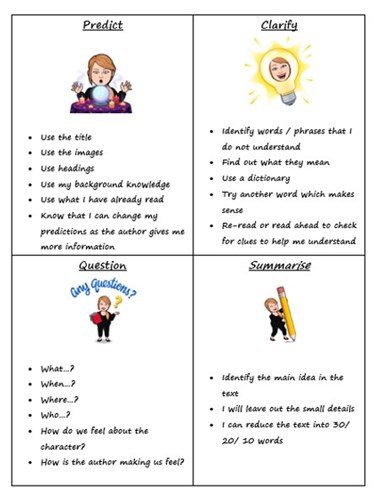Reading Buddies
‘Reading Buddies’ has been set up to support eight of our students’ volunteering section for the Duke of Edinburgh Award. It has been running since March 2024. Students, completing DofE, are volunteering twice a week: one break time and one night after school. The students have been matched with younger students who they will read with. This will hopefully build confidence, help students with fluency and promote a love of reading in the younger students.
The club will run until the summer, with the prospect of launching something similar, open to more students, later in the year.


 Calendar
Calendar
 Contact us
Contact us
